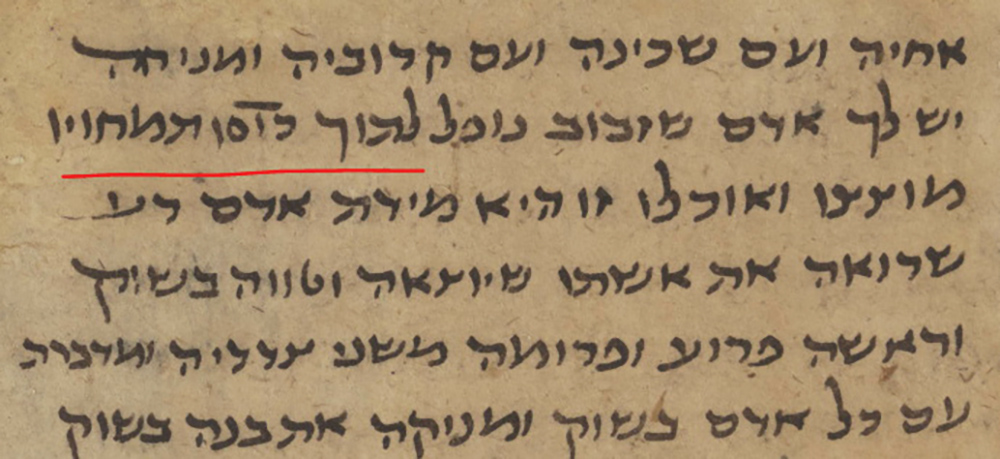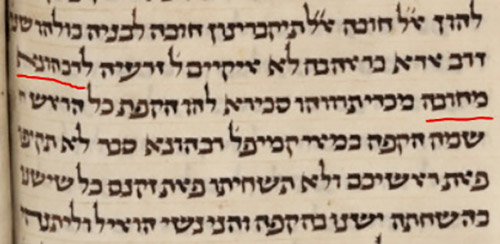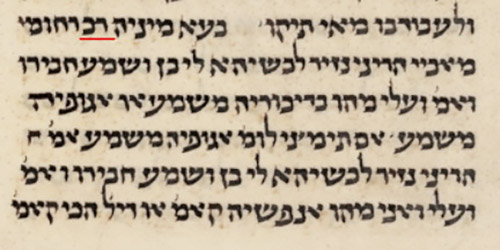
Rabba vs. Rav Yosef, Part II: Kiddushin 9a
In last week’s column, I mentioned that Rabba and Rav Yosef, third-generation Amoraim who each presided over Pumbedita academy, often argued with one another. A

In last week’s column, I mentioned that Rabba and Rav Yosef, third-generation Amoraim who each presided over Pumbedita academy, often argued with one another. A

As Gittin draws to a close, the final Mishna (90a) discusses what would justify a man divorcing his wife. A Biblical verse about divorce, Devarim

The mishna (Gittin 82a) discusses a case where a man divorces his wife, telling her, “you are permitted to everyone except for ploni.” Rabbi Eliezer

There are certain decisive principles, כללי הוראה, which halachic decisors, פוסקים, utilize when analyzing a Talmudic passage and establish the halacha. Two such principles are

Two weeks ago, we considered Rav Shizvi and suggested that his rabbinic karet (cutting-off) was no joke, but reflected his teacher, Rav Chisda’s approach, by

My column this week was going to be about Rav Chisda and rabbinic “absolute theft,” but I decided to shift topic, based on Rabbi Efram

Rav Shizvi makes what seems like a ridiculous statement, and his colleagues laugh at him. Rava—his disputant—comes to Rav Shizvi’s defense. Let’s examine this exchange,

Gittin 47a recounts Reish Lakish’s feat of strength and bravery: He sold himself to the Ludae, taking a sack containing a round stone with him.

There is a fundamental disagreement between fifth-generation Tannaim, Rabbi Eleazar (ben Shamua) and Rabbi Meir, about what aspect of writing a bill of divorce needs

Nazir 57b relates an upsetting story about an interaction between (second-generation Amora) Rav Huna and (second, or first and second-generation Amora) Rav Ada bar Ahava

The morning of my wedding, my ears suddenly clogged. All sounds were muffled. I got an appointment with an ENT, who was surprised at how

I drafted a lengthy article about Nedarim 68-70—about the derashot and interpretations—according to Rava and according to Rabbi Yishmael’s academy. The impetus was that the